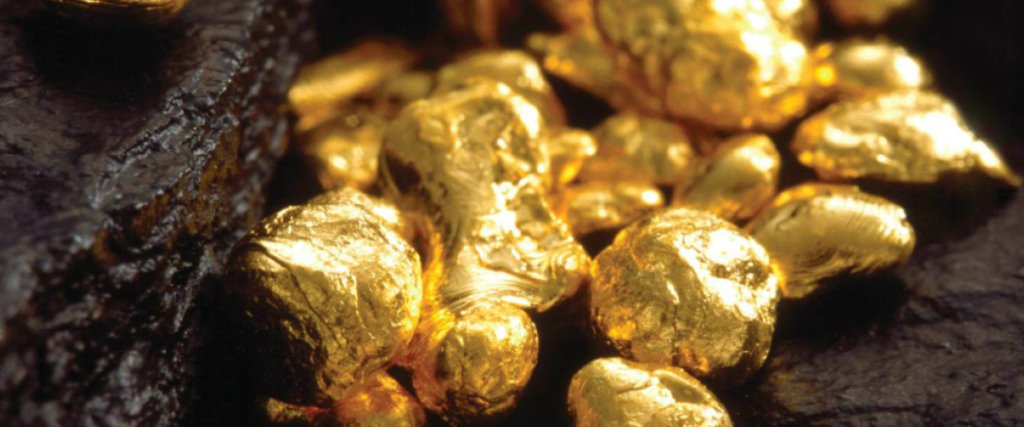Ghana’s recent inauguration of its first gold refinery marks a pivotal moment for the West African nation. It is a bold step towards maximising the value of its abundant natural resources and a potential blueprint for other African countries, particularly Nigeria.
Nigeria, like Ghana, is blessed with significant mineral resources, including gold. However, the country has largely been an exporter of raw materials, foregoing the opportunity to add value and generate higher revenues. Ghana’s experience underscores the potential economic benefits of establishing a domestic gold refinery.
Firstly, value addition is paramount. By refining gold locally, Ghana can capture a larger share of the gold value chain. This translates to increased government revenue, job creation, and foreign exchange earnings. Nigeria can replicate this model by establishing its own gold refinery, thereby boosting its economy and reducing dependence on oil exports.
Secondly, the refinery can serve as a catalyst for the formalisation of the small-scale mining sector. Ghana has acknowledged the significant contribution of artisanal miners to gold production. By providing a legal and regulated platform for these miners to sell their gold, the refinery can help to curb smuggling and illicit activities. Nigeria faces similar challenges with its artisanal mining sector, and a refinery could be a crucial step towards formalising the industry.

The refinery can contribute to macroeconomic stability. Ghana’s central bank has already demonstrated how gold purchases can help stabilise the currency and build foreign exchange reserves. Nigeria, grappling with currency fluctuations and dwindling foreign reserves, could benefit immensely from a similar strategy.
However, for Nigeria to successfully emulate Ghana’s model, several factors must be considered. Robust regulatory frameworks, transparency, and anti-corruption measures are essential to attract investors and ensure the refinery’s viability. Additionally, investing in human capital development is crucial to build the necessary skills and expertise within the industry.
Ghana’s gold refinery is a beacon of hope for Africa. Nigeria, with its vast mineral resources, has a golden opportunity to follow suit. Establishing a domestic gold refinery, can unlock Nigeria’s economic potential, create jobs, and enhance its macroeconomic stability. It is time for Nigeria to seize this moment and embark on a journey towards value addition and economic diversification.

